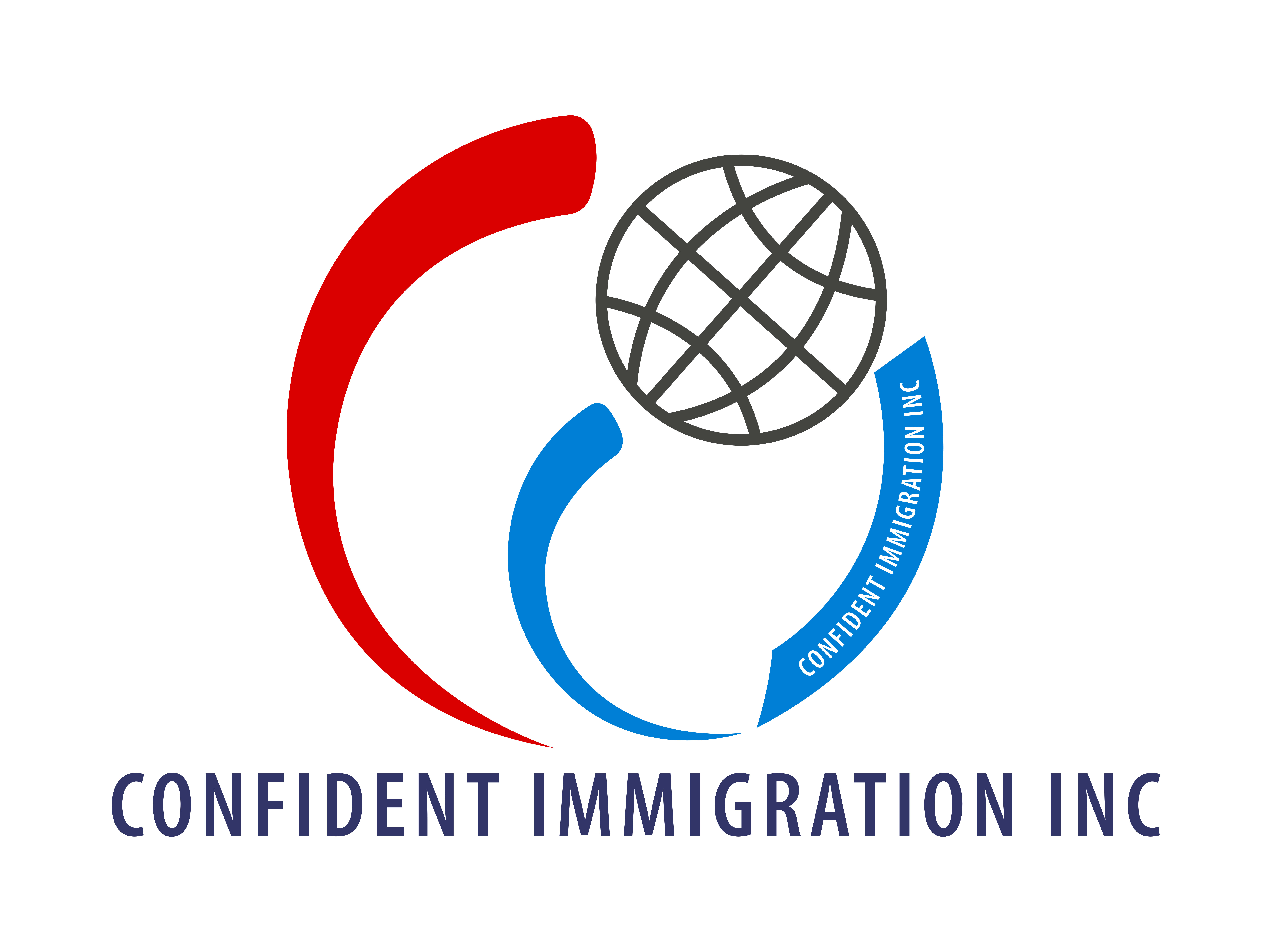Important Update Regarding Owner-Operator LMIA That Will Come Into Force On April 1, 2021
April 1, 2021 – Update – New Rules for Owner/Operator LMIA Program
As of April 1, 2021, the Temporary Foreign Worker Program (TFWP) will remove special processing instructions for the “owner/operator” category.
These changes are part of regular policy reviews to ensure that the TFWP continues to work within its intended purpose, and is only used by employers to fill a position when qualified Canadians or Permanent Residents are not available.
Owner/Operator LMIA applications will be assessed using the normal process. ESDC/Service Canada will assess an employer’s advertisement/recruitment efforts in Owner-Operator LMIAs.
Top 3 Alternatives To The Owner Operator Program After April 2021
Book Consultation with Business Immigration Lawyer →
